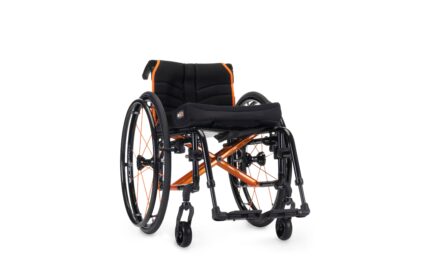United States District Judge Nelson S. Roman has recently denied Lyft Inc’s attempts to dismiss Americans with Disabilities Act (ADA) and New York State Human Rights Law claims that the popular ride sharing company allegedly denies services to people with disabilities.
The class action law firm of Finkelstein, Blankinship Frei-Pearson & Garber (FBFG) represents Plaintiffs Harriet Lowell and Westchester Disabled on the Move Inc (WDOMI) in this putative reform class action, a media release from the law firm explains.
Lowell resides in White Plains, New York, and typically uses a motorized scooter to travel. To assist her in travel throughout Westchester County and in her regular medical appointments in New York City, Lowell would like to use Lyft’s transportation services. However, the company does not make wheelchair accessible vehicles (WAVs) available in Westchester County.
Because Lyft does not offer WAVs, Lowell’s husband must regularly take time off from work to drive Lowell to her medical appointments.
Plaintiff WDOMI is a Yonkers-based nonprofit, run largely by individuals with disabilities, that operates as an independent living center for individuals with disabilities. On behalf of WDOMI, FBFG alleges that Lyft “pervasively and systematically” excludes people with mobility disabilities from its convenient transportation services and that members of WDOMI “have been and will be injured” because of Lyft’s unfair practices, the release continues.
Lead counsel Jeremiah Frei-Pearson notes, “Lyft tried to dismiss this case, but Judge Roman ruled that Lyft’s arguments seem ‘supremely unjust.’ We agree with Judge Roman and look forward to continuing to fight for Ms Lowell, WDOMI, and all people with disabilities until they obtain the same access to the convenience of ride-sharing that Lyft offers to the general public.”
Melvyn R. Tanzman, executive director of WDOMI, states, “We are pleased that Judge Roman’s decision will give people with disabilities the opportunity to end discrimination in transportation services. Lyft and other similar transportation providers must provide services for all, including individuals who cannot transfer from their wheelchairs to a vehicle. Excluding a person due to her or his limitations is discrimination, plain and simple.”
[Source(s): Finkelstein & Partners LLP, PR Newswire]





